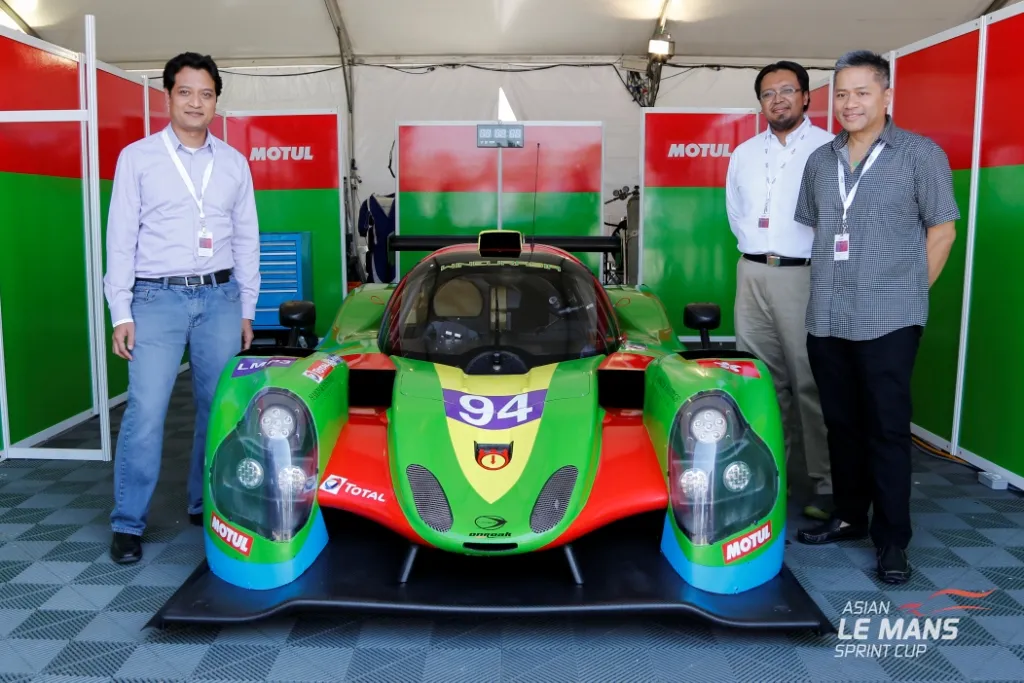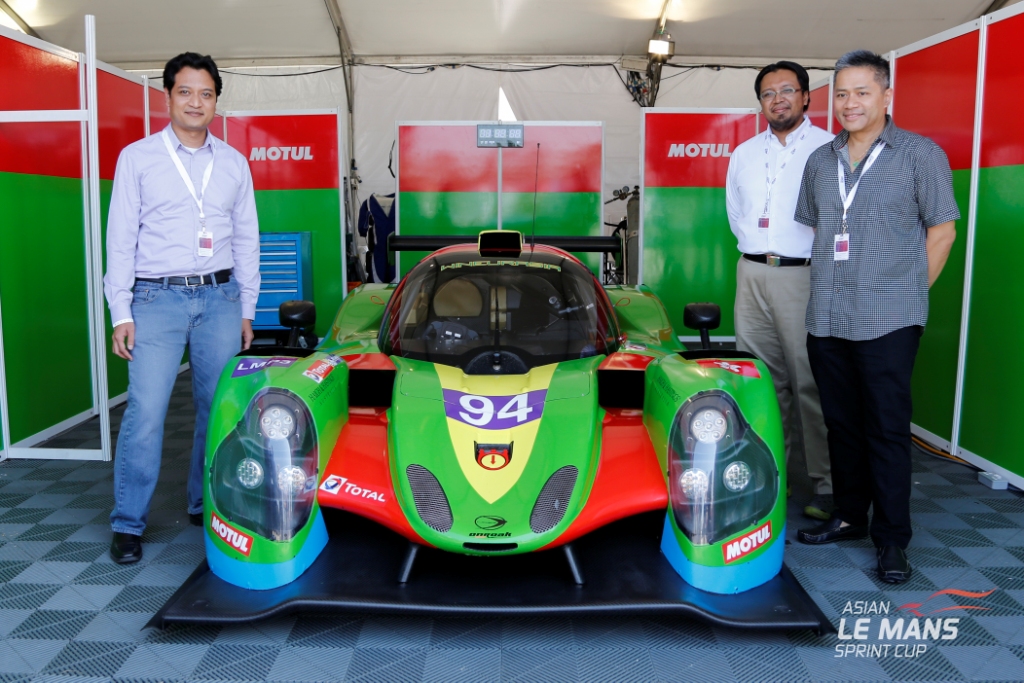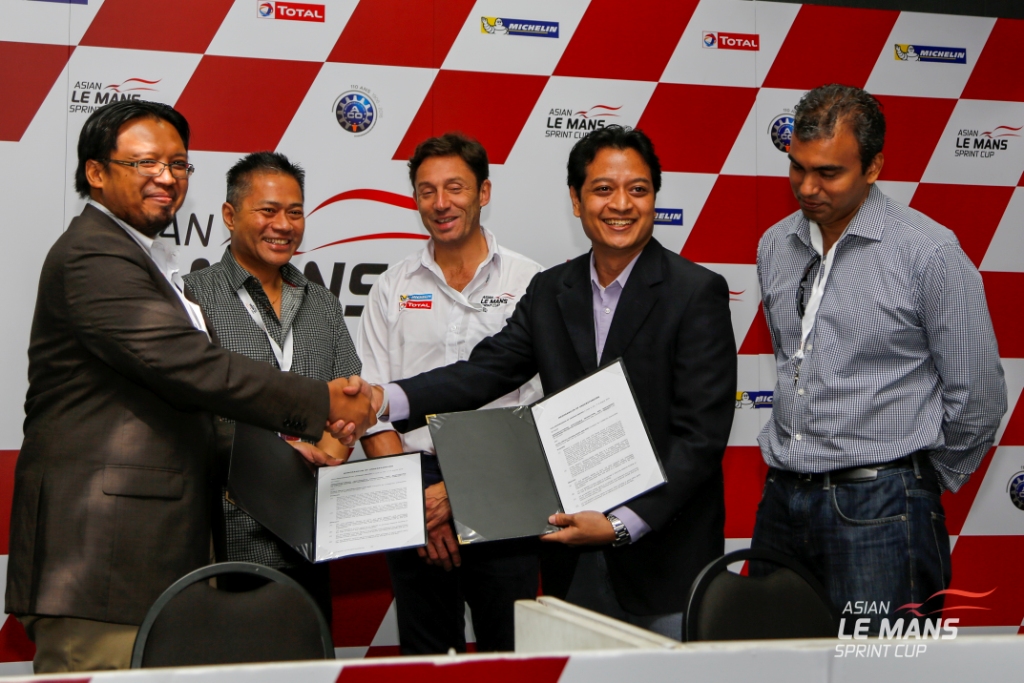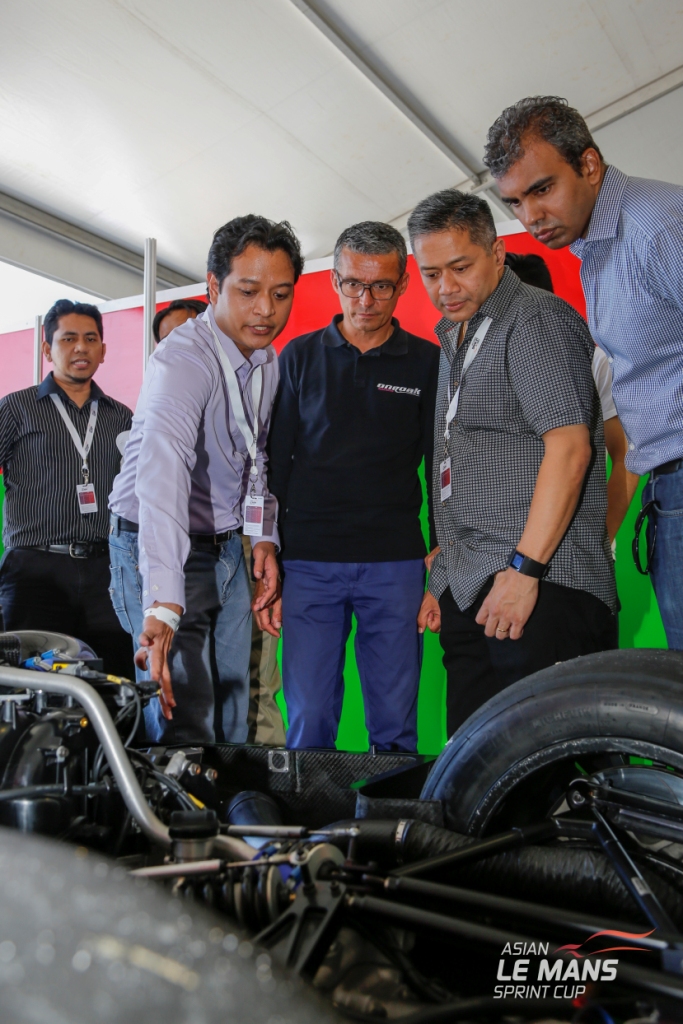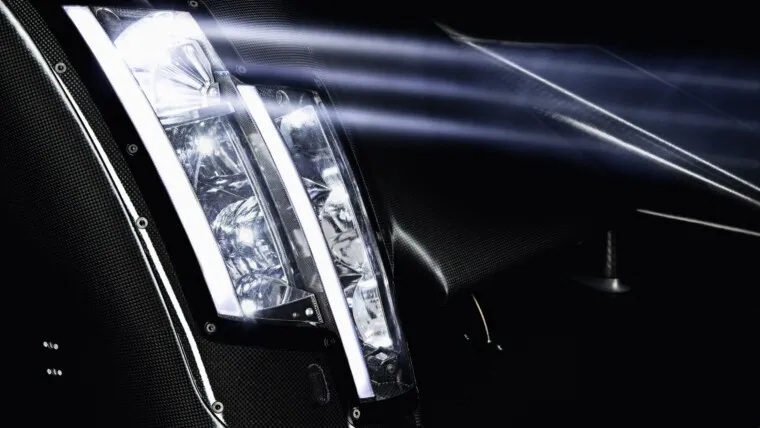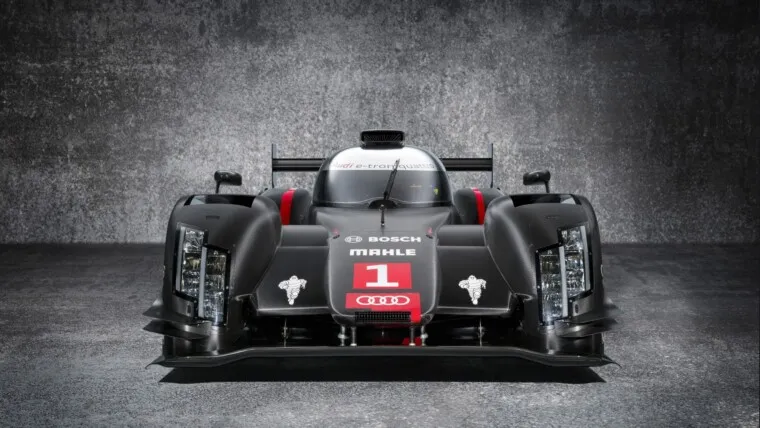RESPECT, an anticipated varsity spin-off company, and Ultra Impact Technologies Sdn Bhd (UIT) will collaborate on a multi-year research, development, innovation and commercialization (RDIC) program for energy efficient automotive technologies.
A Le Mans Prototype 3 class race car (LM P3) will be used as a platform to develop energy efficient technologies aligned to the spirit of the prestigious Le Mans 24 hour racing event, beginning with the development of a cost-effective and modular Kinetic Energy Recovery System (KERS). Subject to ACO technical requirements (and FIA safety requirements) being met, this experimental LM P3 Hybrid race car may enter the 2017 Asian Le Mans Sprint Cup season as a Hybrid entry without eligibility for points or classification. The purpose for entry will be to prove that the experimental race car developed by the Malaysian team is quicker, more fuel efficient and reliable enough for the rigours of endurance racing. Should this project prove successful, the concept may be applied in other categories.
The project intends to drive innovation towards cost reduction of motorsport hybrid systems and ultimately for the benefit of the automotive mass market. In achieving this, RESPECT will lead the research and technology development team consisting of leading automotive experts from universities and research institutes, while UIT will lead the industry team consisting technical specialists with assistance from technical partners Hewland Engineering from the UK and Onroak Automotive from France. UIT will also provide its state of the art ultracapacitor-based KERS, while RESPECT will leverage its expertise in lean and sustainable development to ensure that the end product is cost effective and is developed using life-cycle thinking. This and other technologies earmarked under the collaborative programme would be tested and progressed towards industry commercialization.
This collaboration will also enhance the nation’s aim for becoming a regional hub for Energy Efficient Vehicles, as was outlined in the National Automotive Policy in 2014 by the Malaysia Automotive Institute (MAI). In addition, a MAI initiated private sector business called REPAC, had recently partnered strategically with the Asian Le Mans to build a pathway to the Asian Le Mans markets as one of the ways to enhance the domestic automotive supply chain ecosystem.
Additionally, this academia-industry collaboration is also supported by Agensi Inovasi Malaysia, a national statutory body created to jump start wealth creation through knowledge, technology and innovation to stimulate and develop the innovation eco-system in Malaysia.

